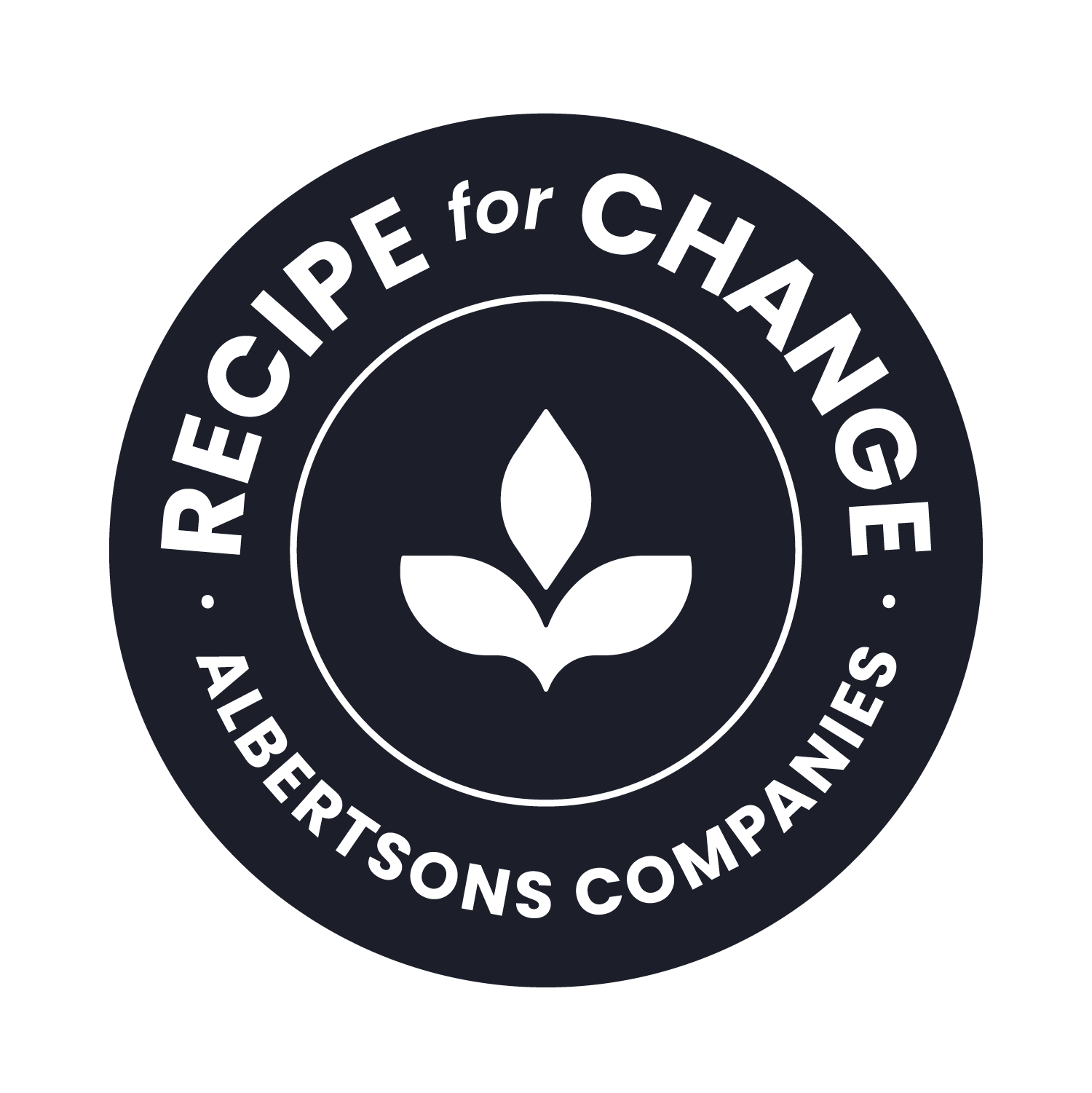Albertsons Companies Fulfills Pledge to End Use of Eel (Unagi) in Sushi 3½ Years Ahead of Planned Deadline
Company celebrates World Oceans Day by furthering its commitment to seafood sustainability and protecting a declining species

BOISE, Idaho, June 6, 2019 /3BL Media/ – Albertsons Companies, an industry leader in seafood sustainability, announced today that it completed the phase-out of freshwater eel (unagi) from sushi products 3½ years ahead of its self-imposed deadline of year-end 2022.
The nation’s second-largest supermarket company vowed in 2018 to eliminate the popular product because wild eel populations are in dangerous decline and the process of raising farmed eel is equally unsustainable for the species and the oceans.
“While our customers enjoy unagi, they expect us to do the right thing when it comes to the long-term health of a species and our oceans,” said Lori Dupre, Director Merchandising Operations, Deli & Prepared Food. “We commend our sushi vendor partners for their role in helping us reach this sustainability goal.”
The move is part of a companywide Top 5 by 2022 Sushi Commitment to ensure that the most popular wild and farmed-raised seafood used in prepared sushi will be sourced using sustainable options. The commitment, which was announced just 17 months ago, laid out plans to eliminate unagi and transition tuna, farmed salmon, species of whitefish used for surimi (imitation crab), and farmed shrimp to responsible sources by the end of 2022.
The decision to remove eel from its sushi offerings was made after exploring all possible options. Per Albertsons Cos.’ Responsible Seafood Policy, the company prioritizes working with vendors to address environmental issues rather than discontinue products. In the absence of a viable sustainable eel source, Albertsons Cos. concluded that it must stop sourcing eel until a sustainable source can be established.
Farmed eel is among the lowest-scoring farmed species rated by Seafood Watch, in part because eel farms rely on wild, endangered eels to stock their ponds and because freshwater eel farms can spread disease and pollution. High demand for eel has also created a global black market for poaching and smuggling of eel, which also violates the company’s Responsible Seafood Policy.
“Albertsons Cos. accomplishment sets a high precedent for what is possible in retail sushi,” said Jessie Zupcic, Project Manager at FishWise, a non-profit sustainable seafood consultancy and Albertsons Cos.’ partner on seafood sustainability initiatives. “FishWise is honored to work with a company that is willing to set and achieve such ambitious sustainability goals.”
Albertsons Cos. recognizes the critical role collaboration plays in meeting its Top 5 by 2022 Sushi Commitment. Over the next 3½ years, the company will work closely with FishWise and its sushi vendors to transition shrimp, salmon, surimi, and tuna to all responsible sources.

